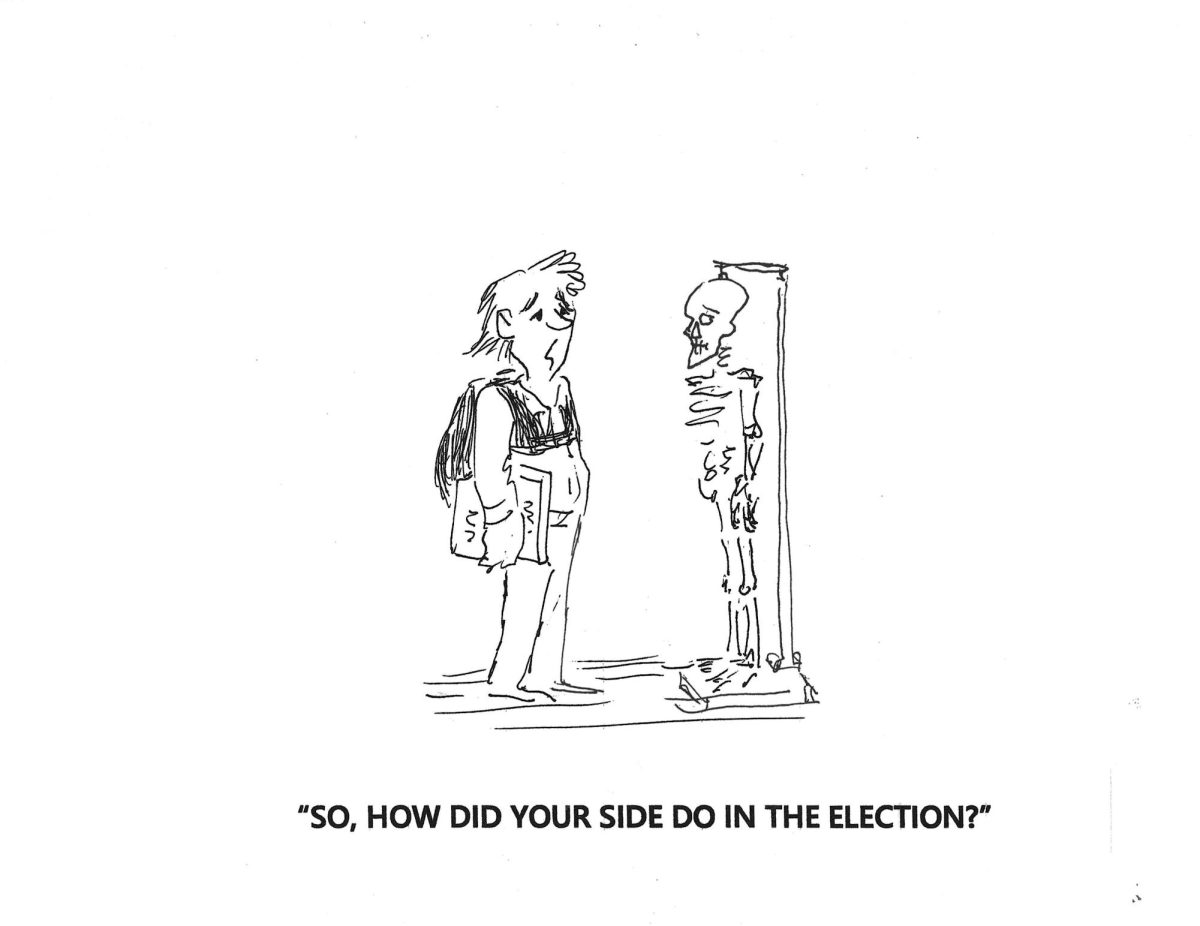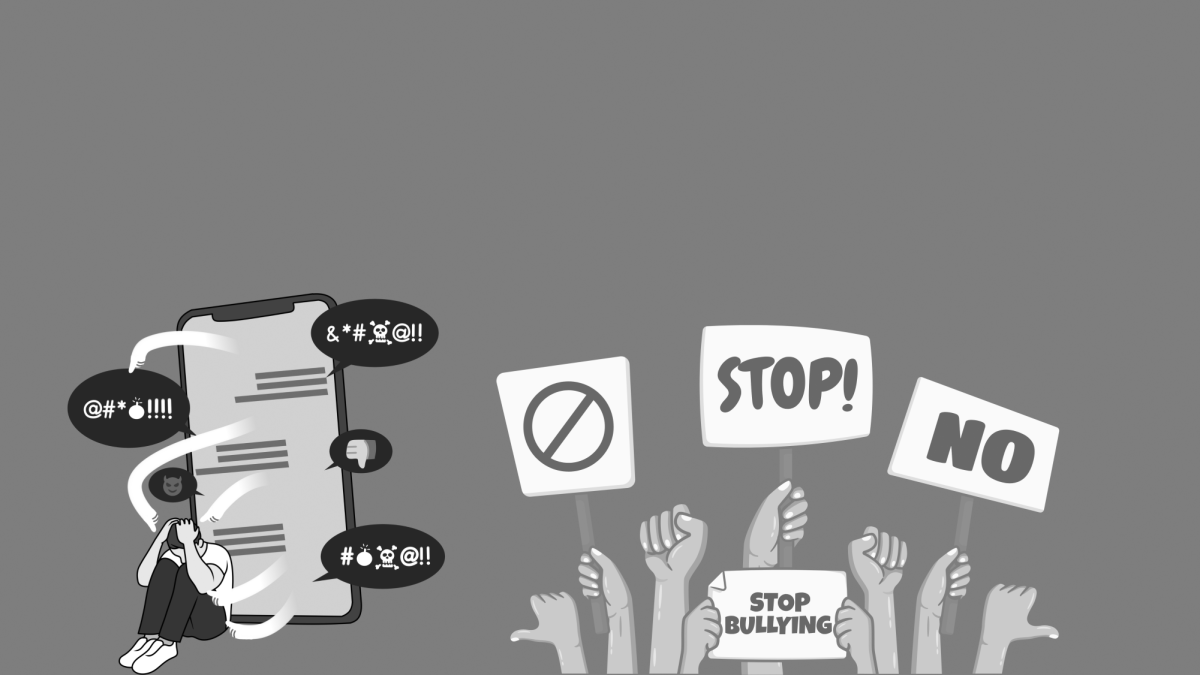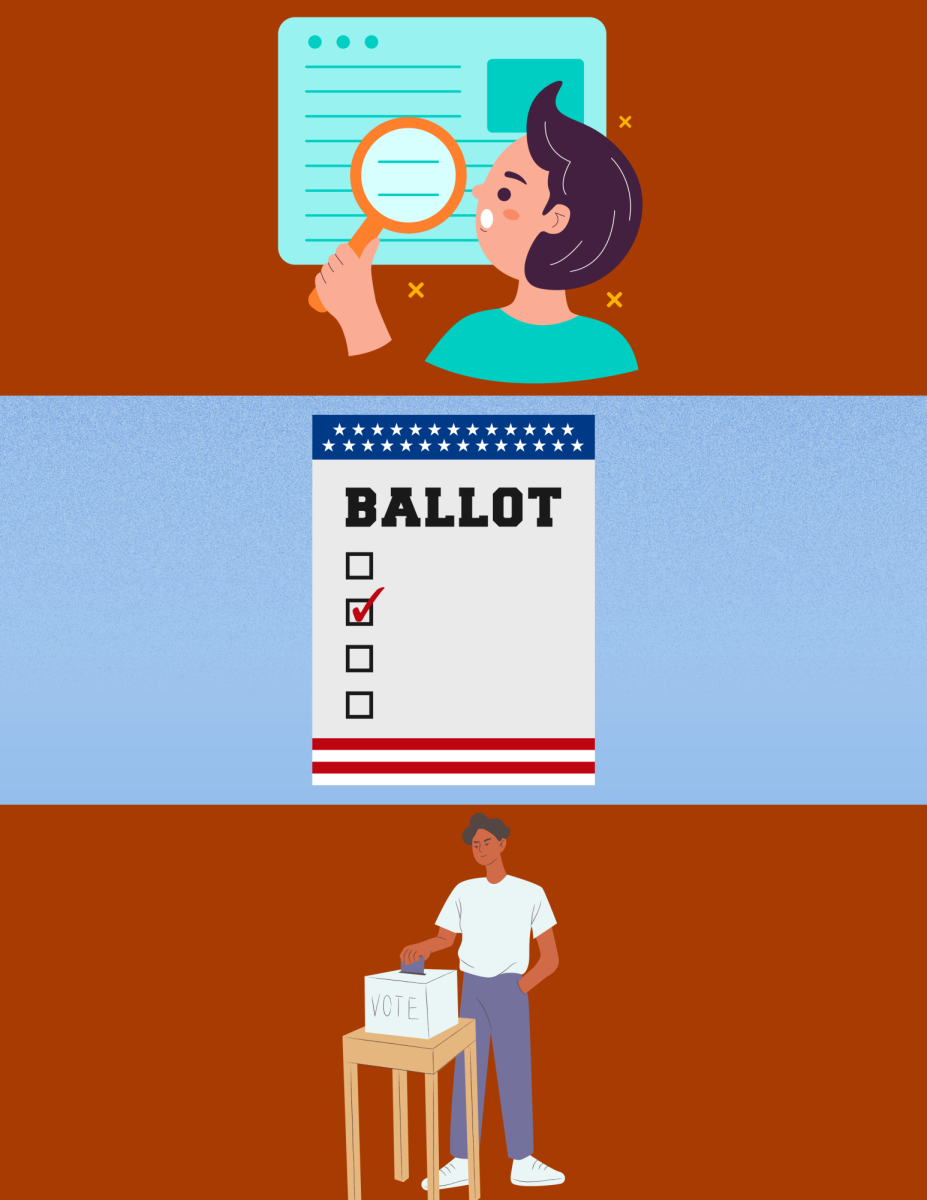Tim Waltz and J.D. Vance faced off in the first and only vice presidential debate for the 2024 presidential election, which is set to take place Nov. 5. It was hosted by CBS News at the network’s New York City studios Oct. 1.
Democratic candidate Walz, a 60-year-old Army National Guard veteran, teacher, former senator and the current governor of Minnesota, faced off in a moderated discussion with republican candidate Vance. Vance is a Marine veteran, senator from Ohio and author of “Hillbilly Elegy,” a memoir portraying life growing up in rural Appalachia. They addressed the largest audience that the two would probably face before the election. The 90-minute debate included two 4-minute breaks and placed the burden of fact checking each other on the candidates.
The debate opened with a discussion on the United States’ support of Israel following a missile attack on Tel Aviv by Iran on Sept. 30 and discussed the various struggles of Americans today as moderators Margaret Brennan and Norah O’Donnell questioned the candidates on issues of gun violence, inflation, tax policies and health care. Immigration was a central point of discussion as Vance attributed increased housing costs and job shortages to immigrants and criticized Vice President Kamala Harris for escalating illegal immigration through her border policies. The mics of both candidates were cut after Vance challenged the moderators’ fact checking of his claim of illegal immigrants in Springfield, Ohio, after they asserted that Springfield has a large population of fully documented Haitian immigrants.
The most extensive topic of the debate was the discussion of abortion and reproductive rights. Walz shared stories of women who had suffered and lost their lives traveling for out-of-state medical help due to state abortion restrictions, additionally emphasizing the lack of accommodation for abortions in instances of sexual assault and violence. In response, Vance refuted the claims of a restriction on in vitro fertilization and contraception highlighted in the Republican-authored Project 2025 agenda and recognized the women who lost their lives following the overturning of Roe v. Wade.
The candidates additionally went back and forth on issues of fiscal policy, health care, parental leave, inflation, tax increases and rising costs.
As the debaters were questioned about the state of democracy, Walz referenced the insurrections of Jan. 6, 2021. He characterized former President Donald Trump of being a threat to democracy for his refusal to accept the results of the 2020 elections. Vance responded with alleging that Harris influenced censorship on platforms and reminded the viewers of Hillary Clinton’s claims of Russian interference in the 2016 elections. Walz emphasized the sharp contrast between Clinton’s accusations of Facebook ads purchased by Russia and the assault on police officers on Jan. 6, reminding viewers that “a president’s words matter.” The candidates then delivered their respective closing statements.
Both Vance and Walz were driven by clear objectives. Vance primarily aimed to disrupt Harris’ symbol as a change candidate by reminding Americans that the VP has been in office for three-and-a-half years, while Walz targeted the Republican ticket’s absence of a structured policy and the lack of economists’ support for their financial goals.
Vice presidential debates serve primarily for candidates to defend their running mates. With the outcome of the 2024 election being highly dependent on the support of swing states, however, the VP debate could be a significant make-or-break opportunity to gain the support of undecided voters.






